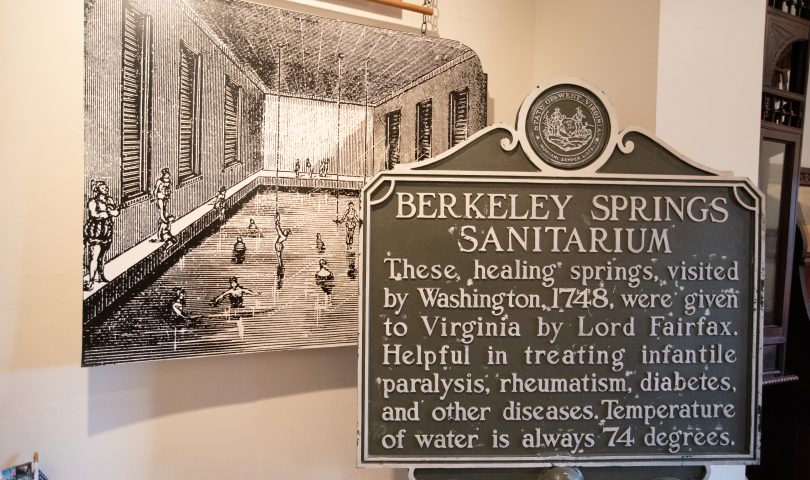MORGANTOWN – While the recent elections highlighted divisions among West Virginia’s leadership and electorate, legislators on both sides of the aisle found common ground with the manufacturing community on the need for a new Hazmat Good Samaritan law.
The Joint Standing Committee on Energy heard a presentation on the need from the West Virginia Manufacturers Association on Monday at Cacapon State Park, where legislators had gathered for November interims.
What are Good Samaritan laws? They’re often used to protect medical providers and the National Library of Medicine explains it this way: “Good Samaritan laws have their basis on the idea that consensus agreement favors good public policy to limit liability for those who voluntarily perform care and rescue in emergency situations. … Thus, in theory and principle, we are improved as a society if the potential rescuers (i.e., the good Samaritans) are solely concerned about helping a person in need as opposed to worrying about the possible liability associated with assisting their fellow man or woman.”
Phillip Fout, who manages site services and emergency response for the Chemours chemical company outside Charleston, said that company, like some others in the area, has highly trained emergency responders and specialized equipment on its hazmat trucks.
They could help volunteer fire departments with various types of hazardous material emergency responses – leaks, accidents, train derailments – but can’t, he said. “We’re not allowed to go outside the fenceline for fear of litigation. … If we didn’t have the fear of litigation, we have all the highly trained individuals that could go out and respond.”
Tom Keefer, with the Kanawha Putnam Emergency Planning Committee, said that decades ago, the team at Belle Chemical used to respond to calls for help and assist the VFDs. But no longer. They can give advice but can’t go on site.
Association President Rebecca McPhail said, “”We’re looking at litigation issues being a barrier to community response.”
Delegate John Kelly, R-Wood, said he recalls the Kanawha Valley companies helping out in the 1980s and early 1990s and asked what changed.
Fout said there was no one event, just a transition over time. “It seemed like the whole industry just veered down that path.”
Keely said, “I think its totally unfortunate that we don’t utilize the abilities these people have and the special training these people have.” Insurance companies have become more afraid over lawsuits and backlash. “I think a Good Samaritan program is pretty necessary for the state of West Virginia. … It was a great program at DuPont and it could be a great program today.”
Delegate Kayla Young, D-Kanawha, asked a few detail questions and agreed it sounds like a good program.
Committee co-chair Randy Smith, R-Tucker, said the next step is getting a bill ready, with expert help.
McPhail said, “We are ready to do that.”
The 2023 session starts Jan. 11.
Tweet David Beard @dbeardtdp Email dbeard@dominionpost.com




